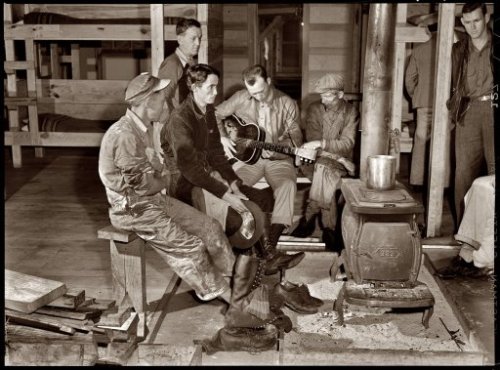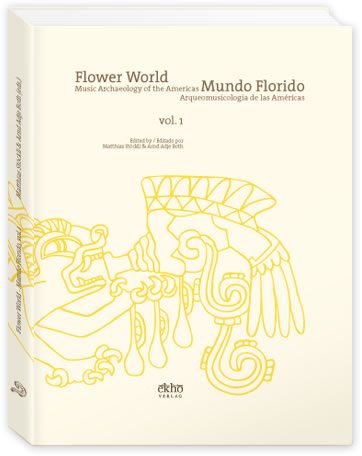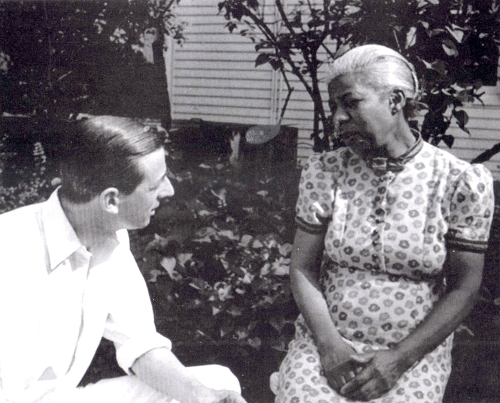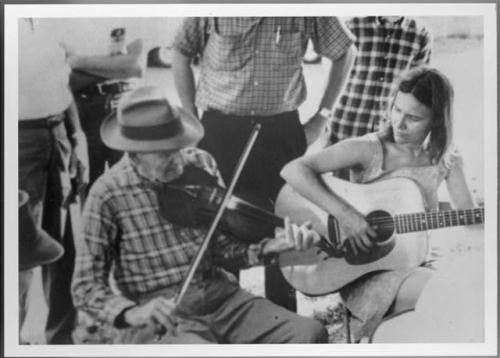
Florida Folklife from the WPA Collections is a multiformat ethnographic field collection documenting traditional cultures throughout Florida in the late 1930s and early 1940s. This free online resource is part of the Library of Congress American Memory series.
Undertaken in conjunction with the Florida Federal Writers’ Project, the Florida Music Project, and the Joint Committee on Folk Arts of the Work Projects Administration, the collection features folk songs and folktales in many languages, including blues and work songs from fishing boats, railroad gangs, and turpentine camps; children’s songs, dance music, and religious music of many cultures; and oral histories.
 The website provides access to 376 sound recordings and 106 accompanying materials, including recording logs, transcriptions, correspondence between Florida WPA workers and Library of Congress personnel, and an essay on Florida folklife by Zora Neale Hurston (inset). A new essay by Stetson Kennedy reflects on the labor and the legacy of the WPA in Florida, and an extensive bibliography, a list of related Web sites, and a guide to the ethnic and language groups of Florida add further context to the New Deal era and to Florida culture.
The website provides access to 376 sound recordings and 106 accompanying materials, including recording logs, transcriptions, correspondence between Florida WPA workers and Library of Congress personnel, and an essay on Florida folklife by Zora Neale Hurston (inset). A new essay by Stetson Kennedy reflects on the labor and the legacy of the WPA in Florida, and an extensive bibliography, a list of related Web sites, and a guide to the ethnic and language groups of Florida add further context to the New Deal era and to Florida culture.
Above, construction workers gathered around the stove in the craftsmen’s barracks at Camp Blanding, Florida, in 1940.













